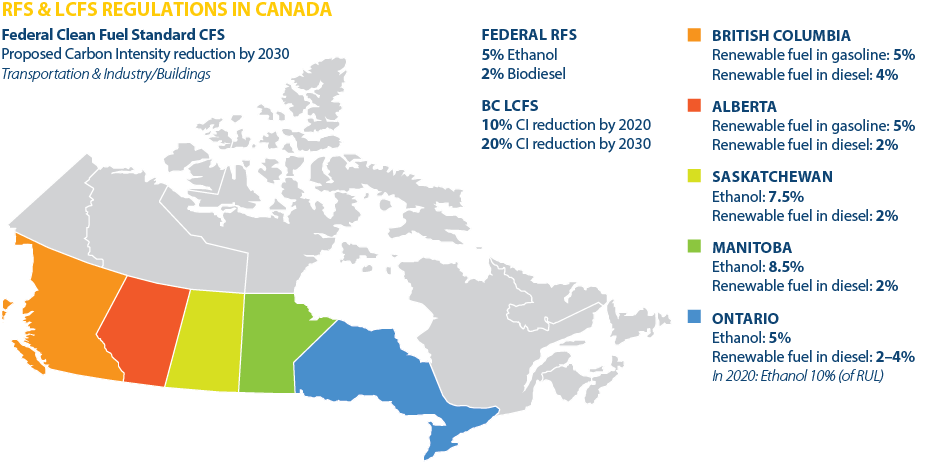VP Opinion

Brian Ahearn is the Canadian Fuels Association’s Vice-President, Western Canada.
The clean fuel standard: supplying fuels to Canadian consumers will cost more
The Clean Fuel Standard (CFS) is a proposed new federal policy that will require fuel suppliers to reduce the carbon intensity of their products—in other words, lower the amount of greenhouse gases (GHG) released for every unit of fuel consumed. The aim is to reduce GHGs by increasing the use of lower emitting fuels, energy sources and technologies. The goal is noble, but the policy will come with compliance costs for fuel suppliers across the fuel spectrum of the fuel market—transportation, buildings and industry.
Challenges and opportunities
Canadian refiners will seize the opportunity CFS provides to make further investments in improving their manufacturing processes and lower production emissions that will in turn reduce the life cycle carbon intensity of the fuels they produce.
But the CFS will also flip the switch to fuels that produce fewer GHGs. Canadian refiners will need to find ways to blend ever increasing amounts of lower carbon renewable fuels. This will drive up the cost to produce and distribute gasoline, diesel and jet fuel. New, expensive infrastructure will be required throughout the manufacturing and distribution supply chain. In fact, all energy producers and suppliers in the transport, industrial and residential sectors will be impacted. You may see more natural gas coming from renewable sources; however, this too will require new expensive infrastructure to capture these fuels.
CFS designers also assume that consumers will make the move to alternative-fuel passenger vehicles that Canadians have shown little interest in to date. Sales of these vehicles have remained a tiny fraction of the sales totals for years. What’s more, supplying their fuel—particularly electricity—will require a new, expanded and costly charging infrastructure.
Align policy with Canadians’ goals
We believe that Canadians expect and deserve reliable, affordable energy to fuel their personal mobility and their quality of life. Businesses expect the same to remain competitive, provide jobs and contribute to Canada’s success on the world stage.
We believe that emission reduction instruments like the CFS must be designed to achieve GHG reductions at the lowest possible cost. Canadians support action to address climate change, but expect cost-effective policies that deliver material results. A flexible CFS design that spurs innovation and drives investments in the alternative fuel sector and in cleaner Canadian produced petroleum fuels, while at the same time strives to keep compliance costs as low as possible, aligns well with the goals of Canadians. Cost-effective outcomes are essential to CFS success.

